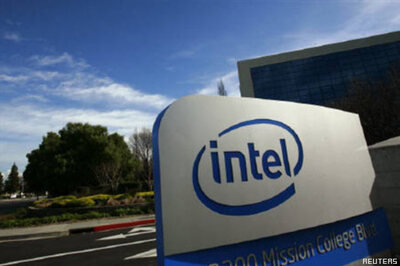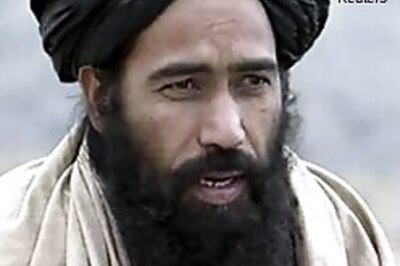
views
New York: The 2010 drama "The Kids Are All Right" featured two teens raised by a lesbian couple who decide to contact their biological father -- an experience that is unlikely to leave scars in real life, two studies said.
The studies, published in Human Reproduction, also showed that the majority of donors who have contact with their offspring report positive experiences.
"There is considerable debate about the potential impact of having been conceived by a known or unknown sperm donor on an offspring's psychological adjustment, especially during the vulnerable period of adolescence," said Henny Bos, at the University of Amsterdam in the Netherlands, in an email to Reuters Health.
Bos and colleagues studied 78 teens born to lesbian mothers via artificial insemination and followed throughout their lives as part of the U.S. National Longitudinal Lesbian Family Study, Mothers in 74 families also completed a child behavior checklist.
A third of the donor fathers were known to the families, while slightly more than a third were permanently anonymous. The identities of 18 donors could be released once the child reached the age of 18.
Based on questionnaires and interviews with the children when they were 10 and 17 years old, the researchers found no differences in mental health, such as social and attention problems, or depression and anxiety, between the different groups.
Bos also said the patterns of problem behavior seen in the youths were similar to those reported in studies of children of heterosexual families.
Most of the children with unknown donor dads who had the option of making contact with their fathers in later years said they intended to do so.
And most of those parents said they would likely welcome this contact, according to a study led by Vasanti Jadva of the University of Cambridge in the UK.
All of the 23 sperm and egg donors in that study who had met their biological children told researchers it was a good experience -- and most saw their offspring regularly.
"The other interesting finding was how contact was not only between the donor and the child but sometimes included other family members too," Jadva said in an email to Reuters Health.
Jadva's team also found that some donors met as many as 20 biological sons and daughters.
"We do not yet know what the full consequences might be for donors of finding such large numbers of offspring or how offspring themselves may feel about having so many half-siblings," Jadva said.
"In the UK, we have removed donor anonymity so that all donors are now identifiable once the resultant child reaches the age of 18, and identifiable donors are also on the rise in the U.S. So contact between donors and offspring is something we will be seeing more of."



















Comments
0 comment